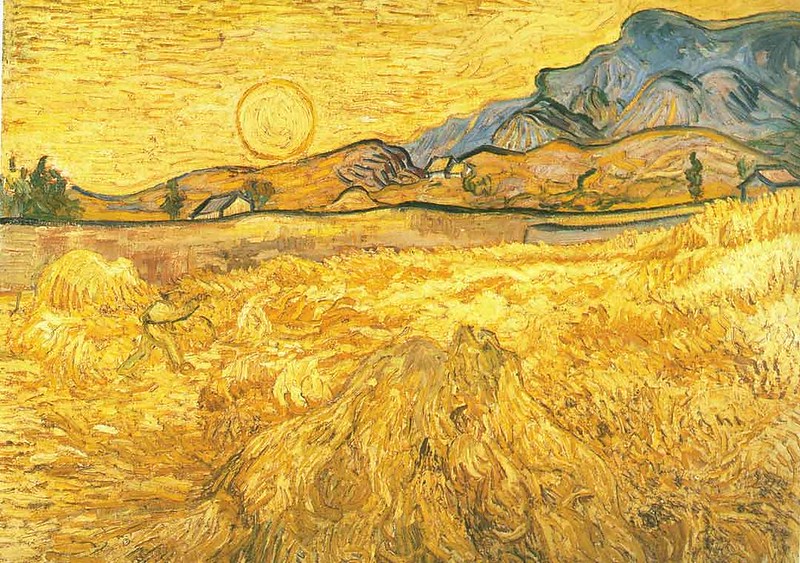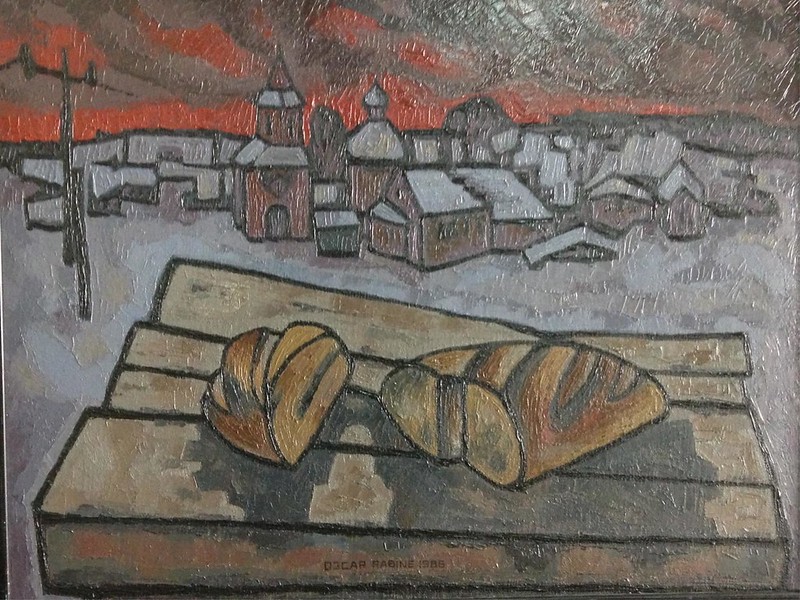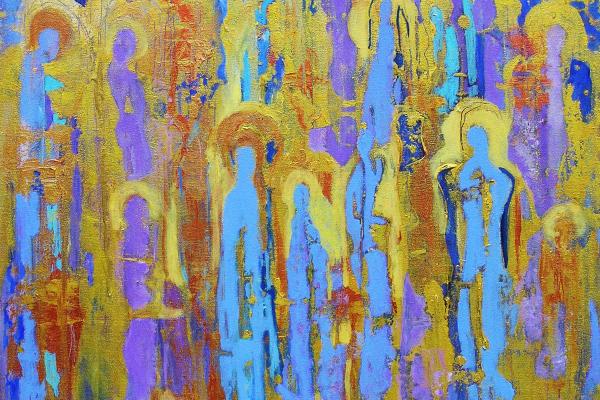Grain and Grape

Grain and Grape
Brian Zahnd
In the mystery of the Eucharist God in Christ chooses to make himself present to humanity by ordinary elements. Through grain and grape we find Christ present in the world. But it’s not unprocessed grain and grape that we find on the Communion table, it’s bread and wine. Grain and grape come from God’s good earth, but bread and wine are the result of human industry. Bread and wine come about through a cooperation of the human and the divine. And herein lies a beautiful mystery. If grain and grape made bread and wine can communicate the body and blood of Christ, this has enormous implications for all legitimate human labor and industry.
The mystery of the Eucharist does nothing less than make all human labor sacred. For there to be the holy sacrament of Communion there must be grain and grape, wheat fields and vineyards, bakers and winemakers. Human labor becomes a sacrament. A farmer planting wheat. A vintner tending vines. A miller grinding wheat. A winemaker crushing grapes. A woman baking bread. A man making wine. A trucker hauling bread. A grocer selling wine. Who knows what bread or what wine might end up on the Communion table as the body and blood of Christ.
This is where we discover the holy mystery that all labor necessary for human flourishing is sacred. A farmer plowing his field, a worker in a bakery, a trucker hauling goods, a grocer selling wares, all are engaged in work that is just as sacred as the priest or pastor serving Communion on Sunday. The Eucharist pulls back the curtain to reveal a sacramental world.
Read more

